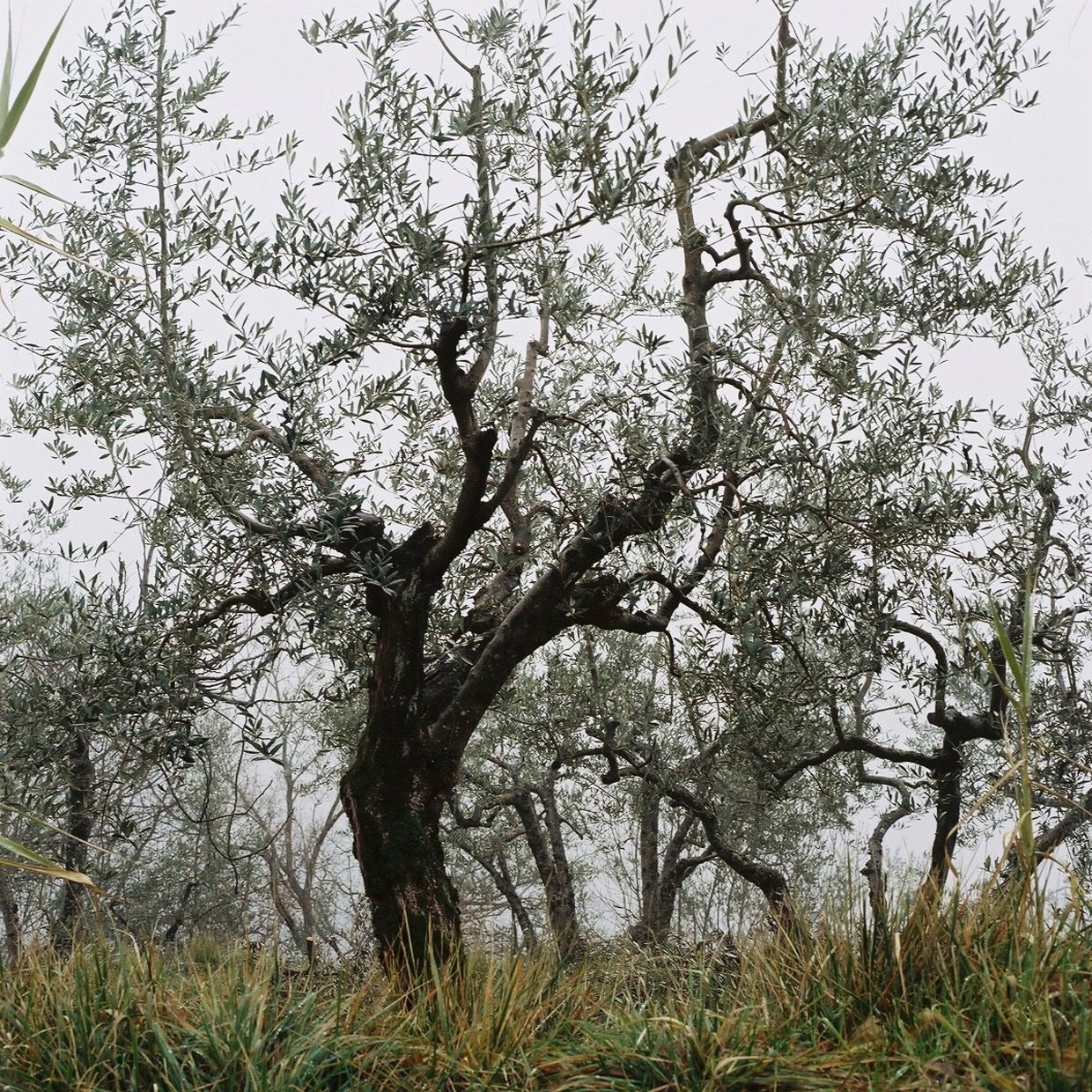While in lockdown, Esther Kinsky, author of River and Grove, and Caroline Schmidt, translator of Grove from German to English, have both been focusing on gardening. Here they share one of their email exchanges about gardening and photographs of their successes.
(EK to CS, May 29 2020)
How is your little cherry tree doing that seemed like a shivering waif in the March sunlight? One of my cherry trees in the orto (planted last year) has five immaculate cherries to show for itself. The fruit tree miracle is my peach tree, also planted last year, which is full of little flat vineyard peaches.
But the flowers! The first wave of rose bloom is already over, and unfortunately my great project of having an old English climbing rose (nicely named ‘Shropshire Lass’) intertwine itself with a late blooming violet Clematis on the rose arch hasn’t worked out, they’ve just missed each other, the tips are touching, but the lass has finished her first bloom (rosy white, as befits the name) while the clematis is only just coming out and looking a bit stark with nothing but the thin black iron of the rose arch to match its deep violet. Maybe next year they shall wed.
My seven English roses have all survived my learning curve here in Italy, some are thriving more than others. Roses are such strange creatures, they are characters really, sometimes they make me think of cats because they also do as they please. But probably I’m just an impatient and inconsistent gardener, too greedy for beauty. Apart from that, I’m almost aghast at the size and copiousness of my snapdragon (up to my shoulders), Sweet William, and Nigella, and Echinacea. The former two come from a 70 cent Lidl seed packet, I have to confess (I hate Lidl and usually limit my shopping there to cat food, but the seeds have proved to be quite something). I really recommend Nigella, these wispy flowers in so many shades of blue, very undemanding, after the blossom they form pretty seeds pods, and the seeds make a wonderful spice (black cumin).
Last year’s English poppies have self seeded and are now, probably after some cross fertilisation with the wild red poppies, developing the most amazing colours and colour effects, I attach a few photos, they are so delicate and short lived, and that’s why their beauty is so touching. I hope we’ll manage an Olson week this year and you’ll see the garden.
Did I tell you how much I like your project to offer a kind of collaborative residency? Maybe I can come and contribute something one day, and write a text about Altfriedland, the birds, the Wende.. But I’m not good at building work, so you’d have to find something else for me. Sewing curtains, or gardening. A week of weeding! Not such a nightmare in the sandy soil of the Mark, as Martin used to say. Apparently the Mark Brandenburg was called the sandpit of Europe in the 18th/19th century. (The Friuli is charmingly named the pissoir of Europe because of the precipitation). Considering the martial inclinations of the Prussians the name is rather deceptive.
(CS to EK, June 2 2020)
Your flowers are gorgeous, and you’ve convinced me to take a trip to Lidl the next time I’m in Seelow.
Helga says it was a bad year for peaches. She is 80 and lives alone. Every evening she sits down on her veranda and says to her garden: ich weiss du bringst mich um, aber ich liebe dich!
Whenever I water the garden, I imagine the neighbours are rolling their eyes, thinking: there she goes again, giving the weeds a drink! But being a negligent gardener has its advantages. After avoiding eye contact with our blackberry bushes for days, which were drowning in stinging nettle, I was pleasantly surprised to find they had sprouted three squash plants, as big as squirrels. The seeds must have come from the compost.
And when you don’t have a lawn, you have other things, like Storchschnabel. The seedpods are nutty, supposedly; they tasted green to me. Still, I appreciate that the name invites you to see them as beaks.




